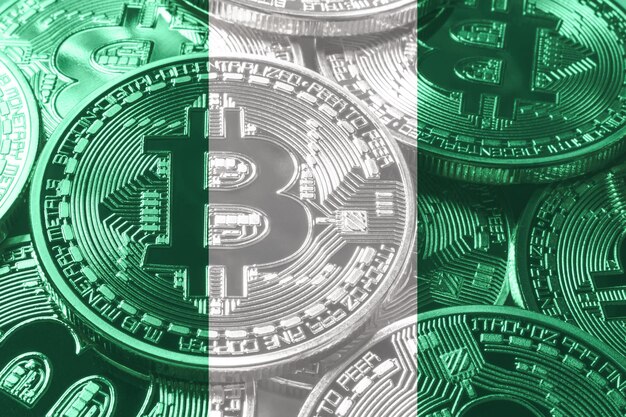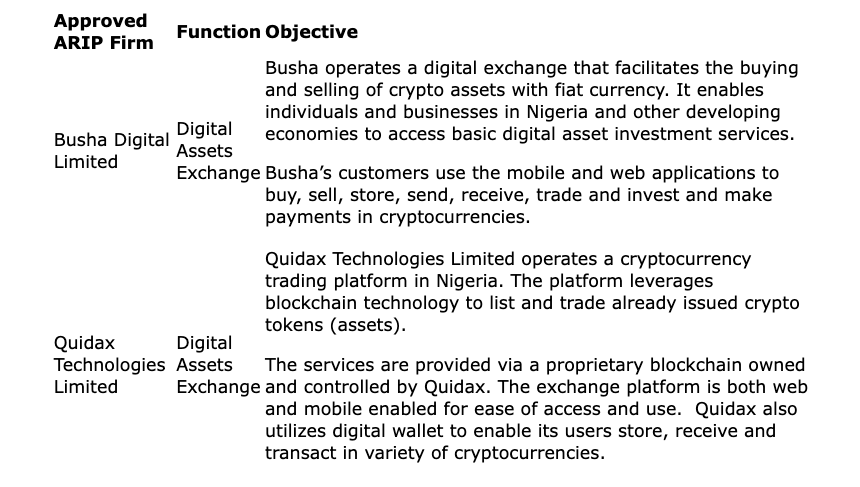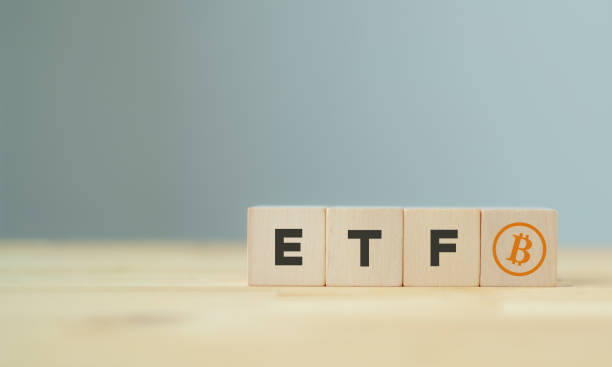
Nigeria's SEC Sanctions: Bold Moves Empowering Regulated Crypto Growth
Nigeria’s Securities and Exchange Commission (SEC) is preparing to enforce strict sanctions on the cryptocurrency market, focusing on businesses operating outside legal boundaries. Nigeria’s SEC sanctions are designed to protect investors while bringing greater oversight to the nation’s fast-growing digital asset sector. This regulatory move is expected to reshape the crypto landscape, promoting compliance and accountability in the industry.
On September 9, Emomotimi Agama, the Director-General of Nigeria’s SEC, announced the impending enforcement actions against unregulated crypto activities. According to Agama, the SEC will take decisive steps against any entity offering cryptocurrency services without proper authorization. This announcement marks a significant pivot in Nigeria’s approach to crypto regulation, aligning with the SEC’s commitment to safeguarding investors.

Agama emphasized the SEC’s stance, stating, “We are certainly going to commence enforcement actions on anyone who wants to operate in this market without the intention of being regulated. For those that do not want to play by the books, we will not allow them to operate within our space”.
Nigeria’s SEC sanctions: Only Two Regulated Crypto Exchanges
As of now, only two crypto exchanges, Busha Digital and Quidax Technologies, have been granted provisional licenses by Nigeria’s SEC. These approvals, issued on August 29, signal the SEC’s intent to bring order to a largely unregulated space. With only these two exchanges under official supervision, many other crypto businesses operating in Nigeria find themselves at risk of Nigeria’s SEC sanctions.

Agama highlighted that these recent approvals were motivated by the growing interest among young Nigerians in digital assets. He stressed the importance of providing a clear regulatory framework that both protects investors and encourages innovation within the sector.
Nigeria’s SEC Sanctions on Inconsistency and lack of clarity
The move to enforce Nigeria’s SEC sanctions comes at a critical time. Nigeria emerging as one of the world’s major crypto markets, yet the regulatory environment has been marked by inconsistency and ambiguity. This has created a challenging landscape for both local and international crypto businesses operating in the country.
In early 2021, the Central Bank of Nigeria (CBN) placed a blanket ban on cryptocurrency transactions, prohibiting financial institutions from servicing crypto exchanges. This decision sent shockwaves through the industry, effectively driving many operations underground. However, in a surprising turn of events, the Nigerian SEC published a regulatory framework in 2022 aimed at bringing order to the sector.
The situation took another twist in late 2023 when the CBN officially lifted the ban on cryptocurrency transactions, only to introduce new restrictions on peer-to-peer exchanges using the Nigerian naira in May 2024. This rollercoaster of regulatory changes has left many in the industry questioning the stability and predictability of Nigeria’s crypto policies.
Nigeria’s tough stance on cryptocurrency is not limited to local businesses. Global crypto exchanges like Binance have also faced strict scrutiny. Despite Binance announcing its exit from the Nigerian market in March 2024, the enforcement actions did not stop there. Tigran Gambaryan, Binance’s head of financial crime compliance, was arrested in February 2024 and has been held in detention for over six months, awaiting a court decision on his bail.
The case of Gambaryan highlights the broader implications of Nigeria’s SEC sanctions. It underscores the country’s determination to assert control over the crypto market, even as it balances the need for innovation with the necessity of regulation.
The introduction of Nigeria’s SEC sanctions is expected to have far-reaching consequences. For investors, this could mean greater protection from fraudulent or unregulated schemes. However, for businesses operating in the crypto space, the sanctions represent a call to either comply with the regulatory framework or face the possibility of enforcement actions.
Agama’s recent statements suggest that the SEC’s supervision will extend to Anti-Money Laundering (AML) and Combating the Financing of Terrorism (CFT) protocols. These measures aim to ensure that Nigeria’s crypto market operates within the bounds of international financial standards, further aligning the country with global regulatory practices.
The industry’s reaction to the impending Nigeria’s SEC sanctions has been mixed. On one hand, there is a recognition of the need for regulatory oversight to protect investors and maintain market integrity. On the other hand, there are concerns that overly stringent regulations could stifle innovation and drive crypto businesses out of the country.
Nigeria has the potential to be a global leader in cryptocurrency adoption, but the regulatory environment needs to be clear and consistent,” said a local crypto entrepreneur who wished to remain anonymous. “The SEC’s actions are a step in the right direction, but they must ensure that the regulations foster growth rather than hinder it.
As Nigeria’s SEC moves forward with its enforcement actions, the challenge will be to strike the right balance between regulation and innovation. The country’s young, tech-savvy population is eager to embrace digital assets, but this enthusiasm must be matched with a regulatory framework that supports safe and sustainable growth.
Nigeria’s SEC sanctions represent a crucial turning point in the nation’s crypto journey. Whether these measures will lead to a more stable and secure market or stifle the very innovation they seek to protect remains to be seen. What is clear, however, is that the eyes of the global crypto community are firmly fixed on Nigeria as it navigates these uncharted waters.
By enforcing Nigeria’s SEC sanctions, the country is setting a precedent for how emerging markets can regulate the fast-evolving crypto industry. The coming months will reveal whether this bold move will pave the way for a safer, more regulated market, or if it will create new challenges for businesses and investors alike. Get more from The Bit Gazette



